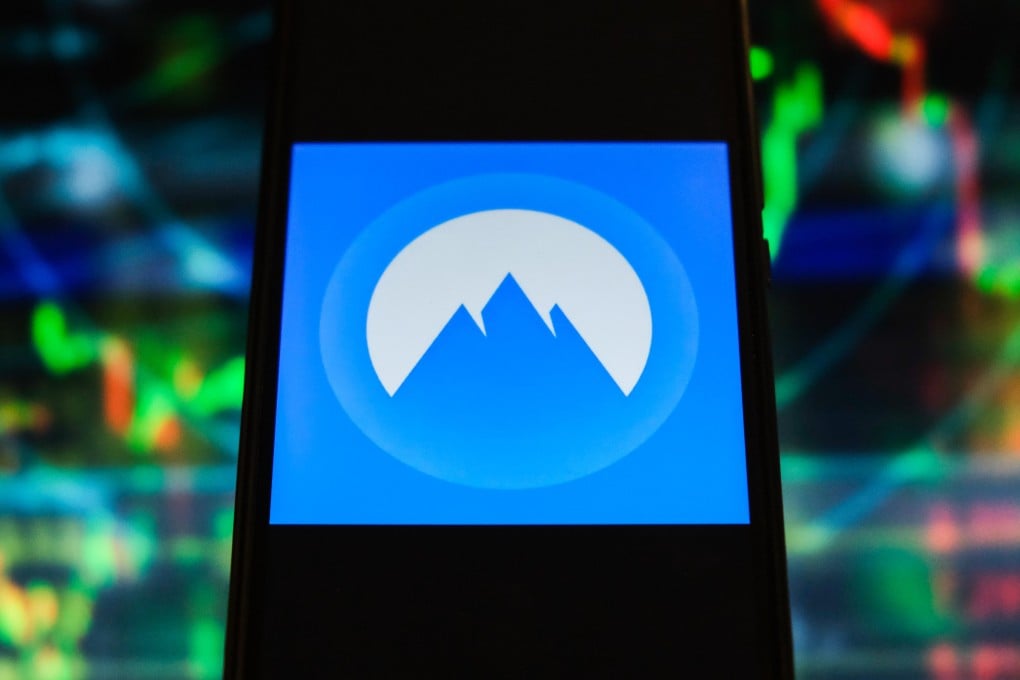How safe is your VPN? From NordVPN to ExpressVPN, the rise of virtual private networks and whether users are ever truly hidden
- Whether it’s to watch Netflix or access banned sites, the use of virtual private networks has skyrocketed in recent years. But just how safe is your VPN really?

At the former site of a Soviet-era sock factory in Vilnius, the capital of Lithuania, NordSec’s new headquarters is rising in a clatter of construction workers and scaffolding.
Soon, the start-up’s roughly 2,000 employees will gather near the remains of a brick chimney for basketball and rooftop barbecues at a sleek complex that would not look out of place in San Francisco.
When co-founders Tom Okman and Eimantas Sabaliauskas invested in the factory property four years ago, it was still making hosiery. Now, the sign at the bus stop out front reads Vienaragiu, the Lithuanian word for “unicorn”.
The Silicon Valley-style conspicuousness is new for Okman and Sabaliauskas, who spent close to a decade developing NordSec and its principal brand, Nord Security, while keeping a low profile. It is also a little unusual for a company that is, after all, in the privacy business.

Subscriptions start at US$3.29 a month, and NordVPN’s app filters users’ web activity through roughly 5,500 servers in 60 countries.
